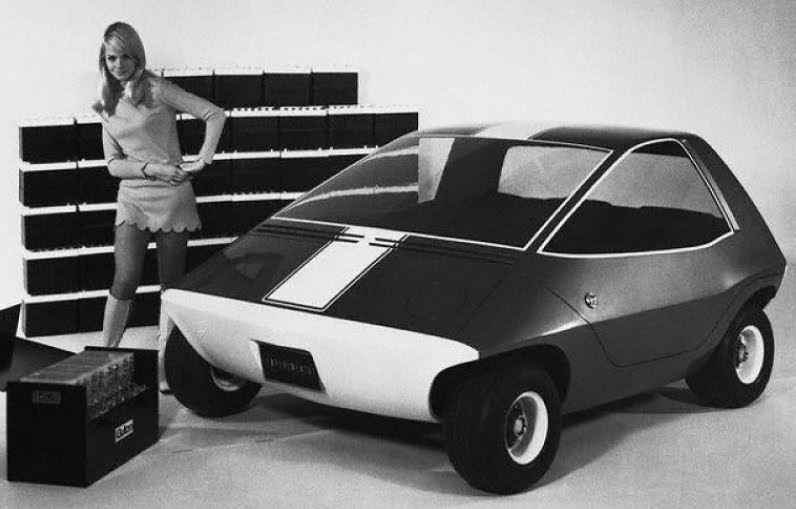Unintended consequences aren’t necessarily a bad thing. The new batteries manufactured for EVs are beginning to be repurposed to power homes. If a good deal of that electricity can be created from solar, a major correction to environmental damage could be in the offing. From Ben Popper at the Verge:
Tesla didn’t ship nearly as many cars this quarter as it had projected, but CEO Elon Musk remained upbeat during today’s earnings call as he let some details slip about a brand new product. According to Musk, the company is working on a consumer battery pack for the home. Design of the battery is apparently complete, and production could begin in six months. Tesla is still deciding on a date for unveiling the new unit, but Musk said he was pleased with the result, calling the pack “really great” and voicing his excitement for the project.
What would a Tesla home battery look like? The Toyota Mirai, which uses a hydrogen fuel cell, gives owners the option to remove the battery and use it to supply electrical power to their homes. That battery can reportedly power the average home for a week when fully charged. Employees at many big Silicon Valley tech companies already enjoy free charging stations at their office parking lot. Now imagine if they could use that juice to eliminate their home electric bill.•




